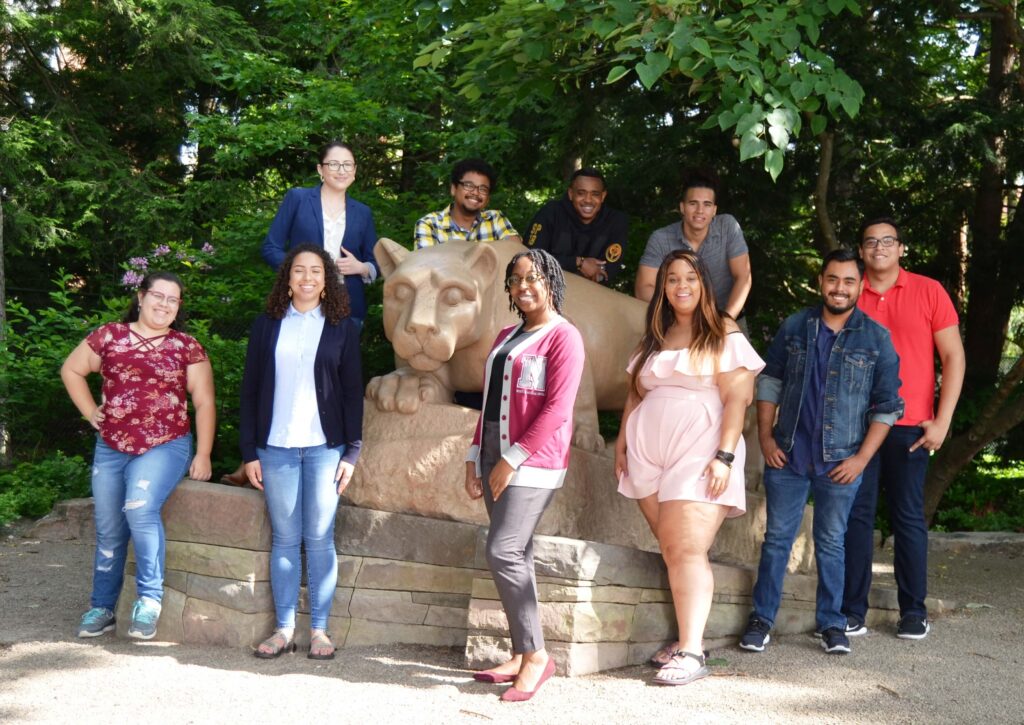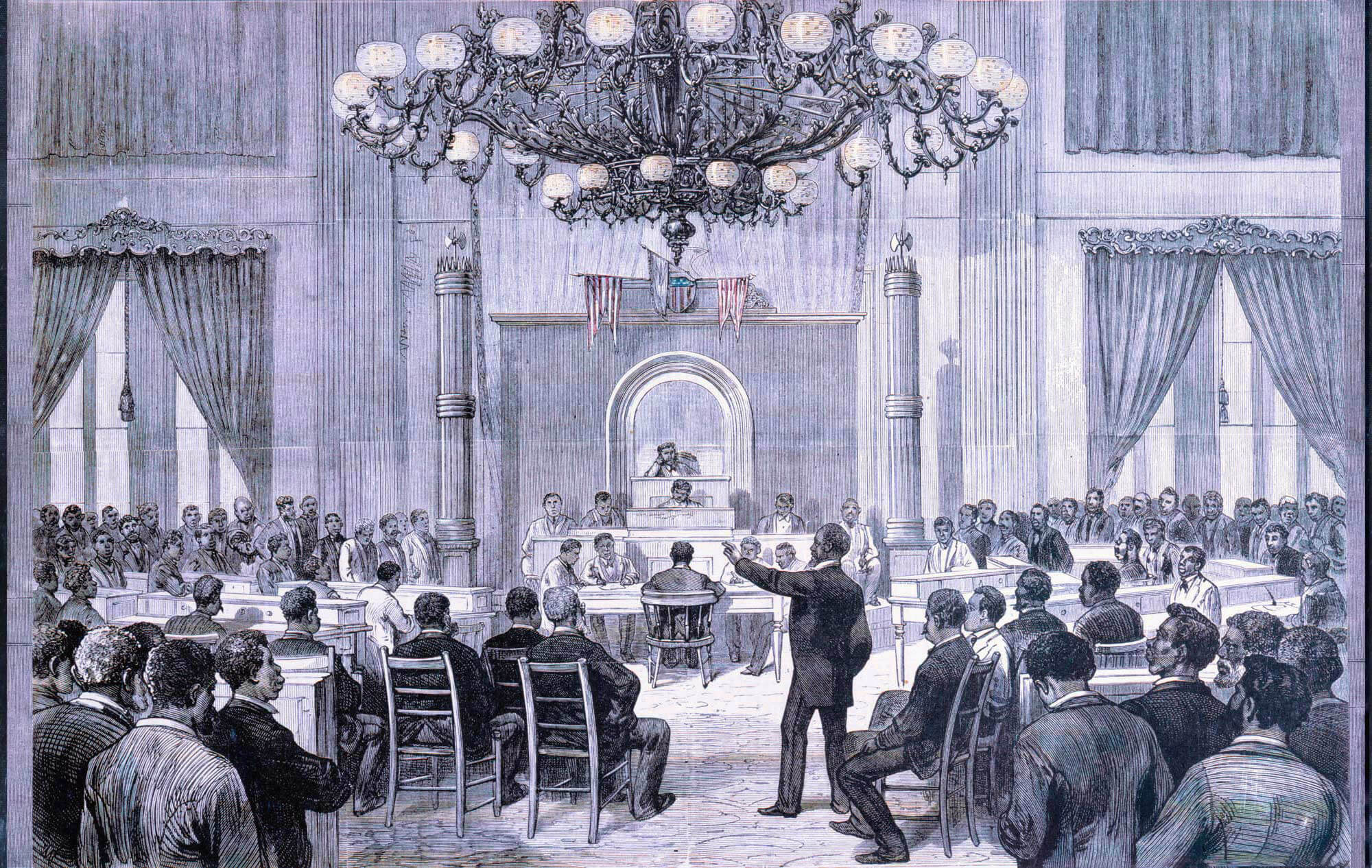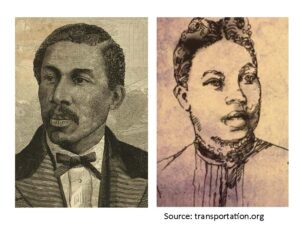Dates: March 21–23, 2024
Location: Penn State, University Park, PA
Application Deadline Extended to February 2, 2024
The Catto-LeCount Fellows Program exposes students to doctoral study in the discipline of history. During this three day program, Pennsylvania State University faculty and staff demystify the graduate school admissions process and educate participants about the academic profession. All expenses including travel, housing, meals, and course materials are provided by the university. Students also will receive a $250 stipend upon completion of the program. Penn State’s Richards Center, the Department of History, the Latina/o Studies program, and the Department of African American Studies sponsor the program in a collaborative effort to attract and enroll students from underrepresented populations.
Session Topics Include
- What is the history profession?
- What do professors do?
- What is the statement of purpose?
- Navigating admissions
- Choosing a Program
- Penn State’s dual-title doctorate in History and African American Studies or History and Women’s, Gender, and Sexuality Studies
Eligibility Requirements
- A U.S. citizen and at least 18 years of age
- From a racial or ethnic group that is underrepresented in the discipline of history
- A graduate, junior, or senior of a degree-granting program at a U.S. college or university in spring 2024
- Have a grade-point average of 3.0 or higher
- Have a strong interest in pursuing a doctorate in history
How to Apply
- Complete our registration form
- Submit a letter of application stating your academic/career goals and research interests, an unofficial transcript, and a letter of recommendation to the RichardsCenter@psu.edu.
Octavius V. Catto (1839–1871) and Caroline LeCount (1846–1923) were scholars, educators, and civil rights leaders in Civil War era Philadelphia, Pennsylvania. Following the war, Catto and LeCount led a campaign of civil disobedience and legislative lobbying to win passage of a state law outlawing segregation on public transportation in Pennsylvania. They were engaged to be married when Catto was murdered by a white supremacist on Election Day in 1871. More than 5,000 mourners attended his funeral, honoring his and LeCount’s commitment to liberty and equal rights for all.
2019 Program Participants


